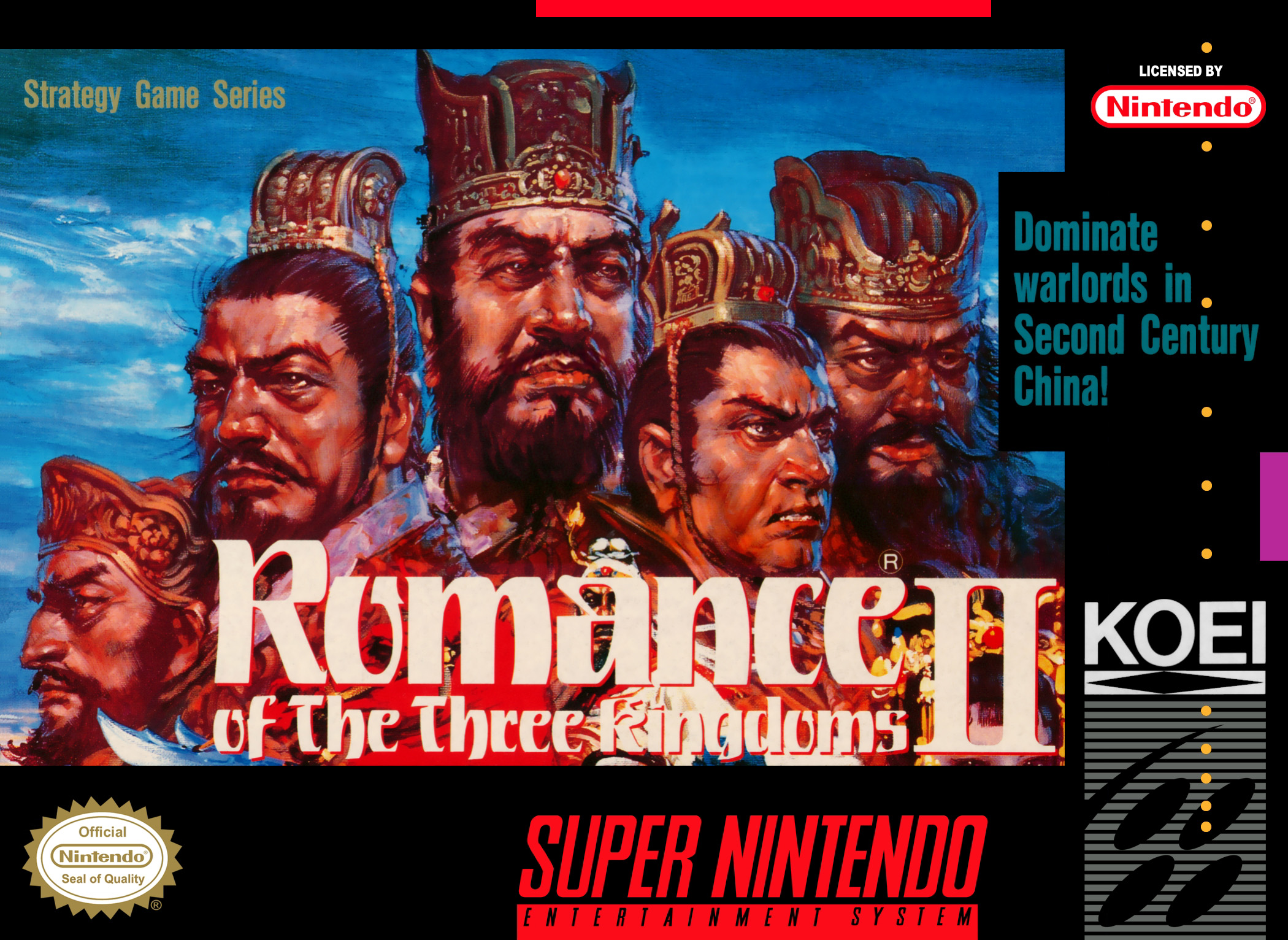

In fact, when you make it to the town, the bridge is already fixed.

Why? Because it's better than waiting for a Broken Bridge to be fixed.
The very first puzzle in The Legend of Zelda: Phantom Hourglass requires you to break into and rob the treasure vault of the kindly old man who just took you in, thus gaining an item necessary for you to travel north and kill wildlife in order to reach the town to the east. 
Additionally, if you try going through things in people's houses, Marin will call you out on it, asking if you always look in other people's drawers. If you go into the shop again, the shopkeeper will kill you with a Death Ray - also, everyone in the village will call you thief from now on. However the game immediately reminds you that stealing is bad and you should feel guilty now.
In The Legend of Zelda: Link's Awakening it is possible to steal from the shopkeeper near the starting location by making him look away and then run out. When it comes to Link, it's best if you just act like nothing happened. If you wreck all his jars and you have no money to pay, he'll be more upset that he has to pay to replace the vases with his own money. 
If you do, not only do you not get any rupees, you are forced to pay a fee relative to the number of vases you destroyed. When you enter the house of a wealthy man on Windfall Island you are confronted with a row of beautiful expensive vases that even sparkle! However, if you smash one, not only do you not find an item hidden within, you are also chastised by the owner of the vases and warned to not break any more.
Subverted in The Legend of Zelda: The Wind Waker. Of course he still destroys every pot and loots every treasure chest he can get his hands on. If you go to the other stand he'll say the other ones look better, so you'll never actually get an apple. You can walk up to the stand selling apples and take one, but Link will say he sees better looking apples at another stand and put the one he has back. The Legend of Zelda: Twilight Princess does try to break Link's habit of taking anything that isn't nailed down and guarded by Hyrule's entire army. Doesn't explain how you got away with all the thieving and vandalism you will have inevitably done already though. In The Legend of Zelda: The Minish Cap, a Wind Tribe lady tells you she has so many Kinstones she wishes somebody would take some, explaining why you can go through her house, at least. The Bard from The Bard's Tale insists that he is not this trope, but that he takes items for safekeeping against others of this trope. okay, all players would just sell those items at the store for money. Helpfully, all of the "junk" that The Bard finds (wanted posters of himself, animal hides, etc) will be automatically converted into silver, since the game understands that most. After opening his first chest, the narrator will comment on how horrible it is that The Bard is stealing, and the two will engage in a brief argument over it. Lampshaded in the PS2/Xbox "remake" of The Bard's Tale, right towards the beginning. Grandpa actually lampshades this by saying that the hero "loves taking things that don't belong to her!" In Blossom Tales: The Sleeping King, most houses have a treasure chest ripe for the taking, and no one cares if you make off with all of it. It doesn't help when the games, in an attempt to encourage the player to explore and Talk to Everyone, hides useful items here and there all over the towns. In populated environments, this makes the hero come off as a bit of a kleptomaniac. When games started to move into different modern settings, though, the need to MacGyver up a solution to a puzzle from found items remained, and thus it stayed necessary to pick up everything you could find, especially since absolutely essential items were Permanently Missable unless you grabbed them while you still could. The hero was typically at least tangentially a treasure hunter, so looting ancient caverns was part of the job description. When gaming began, and pretty much every game was Dungeon Crawling, this made sense. As much as the motto for the FPS is, " If it moves, shoot it," the motto for the Adventure Game and Role-Playing Game is, "When it's dead, loot it." or "Take everything that isn't nailed down or too heavy, and anything that can be pried loose is not considered nailed down." (The latter advice appeared in the general strategy section of Infocom's manuals.)








 0 kommentar(er)
0 kommentar(er)
